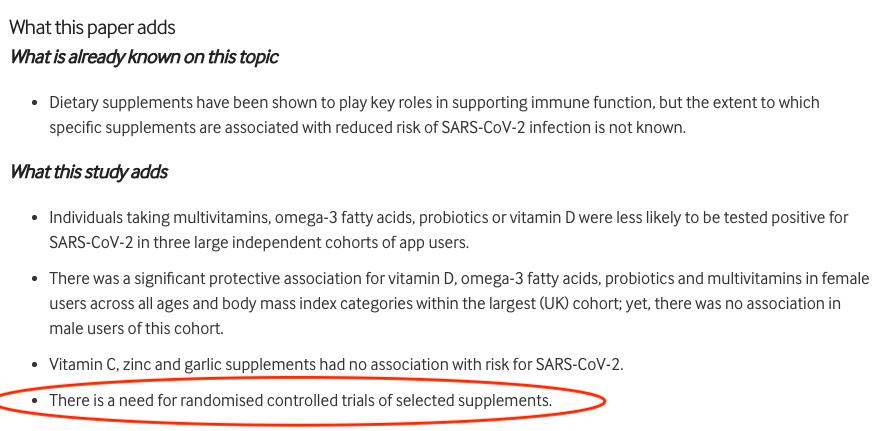The vitamin B12 injection fugazi
Last week we talked about why some researchers just do not understand the biology of what they are studying and/or simply use unreliable methods & collect data that is garbage.
As the saying goes, garbage in, garbage out.

Well, look what popped into my inbox this week…..
https://nutrition.bmj.com/

Firstly notice the title…they are already telling us the outcome is poor, and some people will only go that far and no further, though as we’ll see modest is a disingenuous way to describe the benefits.
Let’s get the details.
How did they collect the data?
Recall questionnaires, known to be painfully unreliable.
Did they have any baseline vitamin D levels?
No.
Do we know how often they take vitamin D?
Three times a week or more, for over three months, so that could be four days a week they don’t bother.
The dose?
No idea, not a sodding clue.
Once again you see the issue.
Even then the results for vitamin D are actually pretty decent, though they seem very reluctant to say it (possibly because they know the data is unreliable).
![]()
But the point here is the data being used is garbage and so the results really are not reliable at all (again).
It feels to me like research for the sake of publishing, to be able to say at the end, we need to do more reliable research, so please give us some funding.

Anyhoo, this week let’s get clinical with vitamin B12.
Currently patients on B12 injections in the UK receive it every 3 months and I can tell you that is woefully inadequate for the vast majority.
Incidentally, given we are ruled in a “evidence based” world, I would be neglect if I did not explain the research to back up the 3 monthly injections.
Remember the neurological damage from B12 deficiency can be
permanent.


So here it is:

That is correct, none.
In fact one B12 charity wrote to the NHS, PHE, NICE and even the BNF to ask for the research used to change it from once a month, to once every two months to finally once every three months.
Weirdly they couldn’t quite locate it

They all suggested to contact one of the other groups she had already contacted for the research to back it up.
Like a game of pass the parcel with a bulls**t.

Do all our patients need exactly the same manipulation? Do they all need the same rehab exercises?
Sure there are some common patterns, but one size does not fit all.
What the heck happened to “patient centred care” and informed consent?


Now remember the fact injections are needed would suggest they are not absorbing it from food.
Note, if you are vegan then you are in a pickle as while you may have a few foods with B12, it really isn’t clear if they are actual B12 or analogues that look like B12, but essentially you are at a very high risk of deficiency.
The research generally suggests that vegans are lower.


That said clinically I do not find higher rates of B12 issues in vegans because they are now often aware of the B12 risks and thus supplement, which they might not have in past years.
I have plenty of people eating some animal products but just terrible quality as part of a junk food diet that leaves them low in B12.
The people with the real issues are those with undiagnosed malabsorption issues.
They can eat it all they want, but it ain’t going in.
And while our gut bacteria do make vitamin B12, we lack the transporter in the colon to absorb it, so we are totally reliant on dietary sources.
And the absorption issue is the same with supplements, so what to do?
Well, just like our own vitamin D TRIAD product

We use a sublingual and bypass digestion.
I also recommend using the active form of B12 called methylcobalamin rather than an inactive form called cyanocobalamin which is what we find in most supplements.
Doses can vary a bit depending on a few different factors but try 1000-2000 mcg daily for a month and see if they perk up, and report less pain and better mood.
It can be quite a revelation.
One other thing to consider, if they are low in B12 because they are crap at absorbing, what else are they low in that the NHS has no interest in…….?
ACTIONS TO TAKE:
– If you do not have it on your health intake form, add a question regarding receiving vitamin B12 injections and any family history of B12 injections/pernicious anaemia.
– Ask patients on injections how they felt when they had their x3 a week injections for 2 weeks, often the answer is better, but at one every 3 months, they are tired again and have simply gotten used to it.
